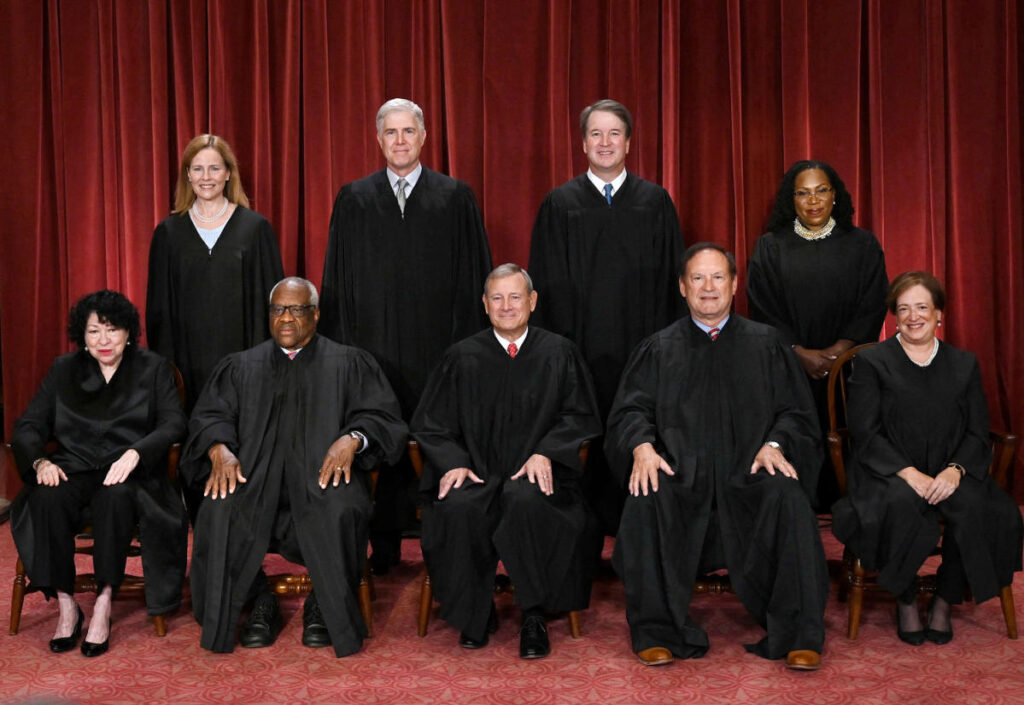The Senate Democrats’ extensive investigation into alleged ethical breaches by Supreme Court justices culminated in a detailed report that critiques the judiciary, urging legislative reforms that are likely to face opposition from incoming Republican leadership. The findings reveal a troubling portrait of the Supreme Court, suggesting that it has neglected to address serious ethical misconduct over the years. With the Republicans set to assume control of the Senate in January 2024, this report may represent the last significant congressional action regarding the justices’ conduct for the foreseeable future.
The 95-page report reiterates many previously reported allegations, notably highlighting Justice Clarence Thomas’s undisclosed trips with billionaire Harlan Crow, which were initially revealed by ProPublica in April 2023. This newfound scrutiny into the Court’s ethical standards instigated some changes, such as the adoption of a new ethics code by the justices in November 2023. However, that code has been criticized for lacking essential enforcement mechanisms, thereby raising questions about its effectiveness in ensuring accountability among the justices.
Significant dissatisfaction is also expressed in the report regarding Chief Justice John Roberts’s refusal to engage with the Judiciary Committee, which is led by Senator Richard Durbin. The Democrats are advocating for a more stringent ethical framework to be codified into law, which would facilitate independent review of ethics complaints against justices. While the Judiciary Committee managed to pass a relevant bill along party lines, it faced significant Republican pushback, especially regarding the push for a conclusive Senate vote.
The report argues that due to the Supreme Court’s failure to manage its own conduct, there is an urgent need for an enforceable code of conduct. It highlights several instances where justices have been lax in recognizing situations that would necessitate recusal, focusing specifically on Justice Thomas’s questionable participation in cases related to the January 6 Capitol attack, given the involvement of his wife, Ginni Thomas, in efforts to challenge the 2020 election results. This lack of transparency and accountability is seen as undermining public trust in the highest court of the land.
Beyond the justices themselves, the report scrutinizes the judiciary’s administrative arm, asserting that the Judicial Conference has inadequately enforced financial disclosure regulations. This suggests systemic issues within the judiciary that extend beyond individual justices and highlight broader governance failures. Such findings are contributing to an ongoing dialogue about the need for reform and enhanced scrutiny over the Supreme Court.
Countering the investigation, Mark Paoletta, a conservative ally of Justice Thomas, emphasized in a critique on social media that the inquiry was politically motivated, aimed more at undermining the Court’s authority than focusing on the actual ethics at stake. He argues that the Supreme Court’s decisions are no longer aligned with the Democratic political agenda, framing the investigation as an attempt to pressure justices into compliance with expectations from Senate Democrats. This perspective illustrates the contentious and polarized environment surrounding discussions of judicial ethics in America.

